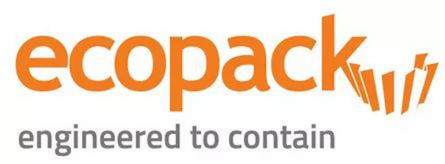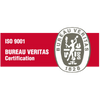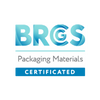Home / News / Can single use be part of sustainability and the circular economy? With 70% of food products using it, it has to be!
4.8 min read
Can single use be part of sustainability and the circular economy? With 70% of food products using it, it has to be!
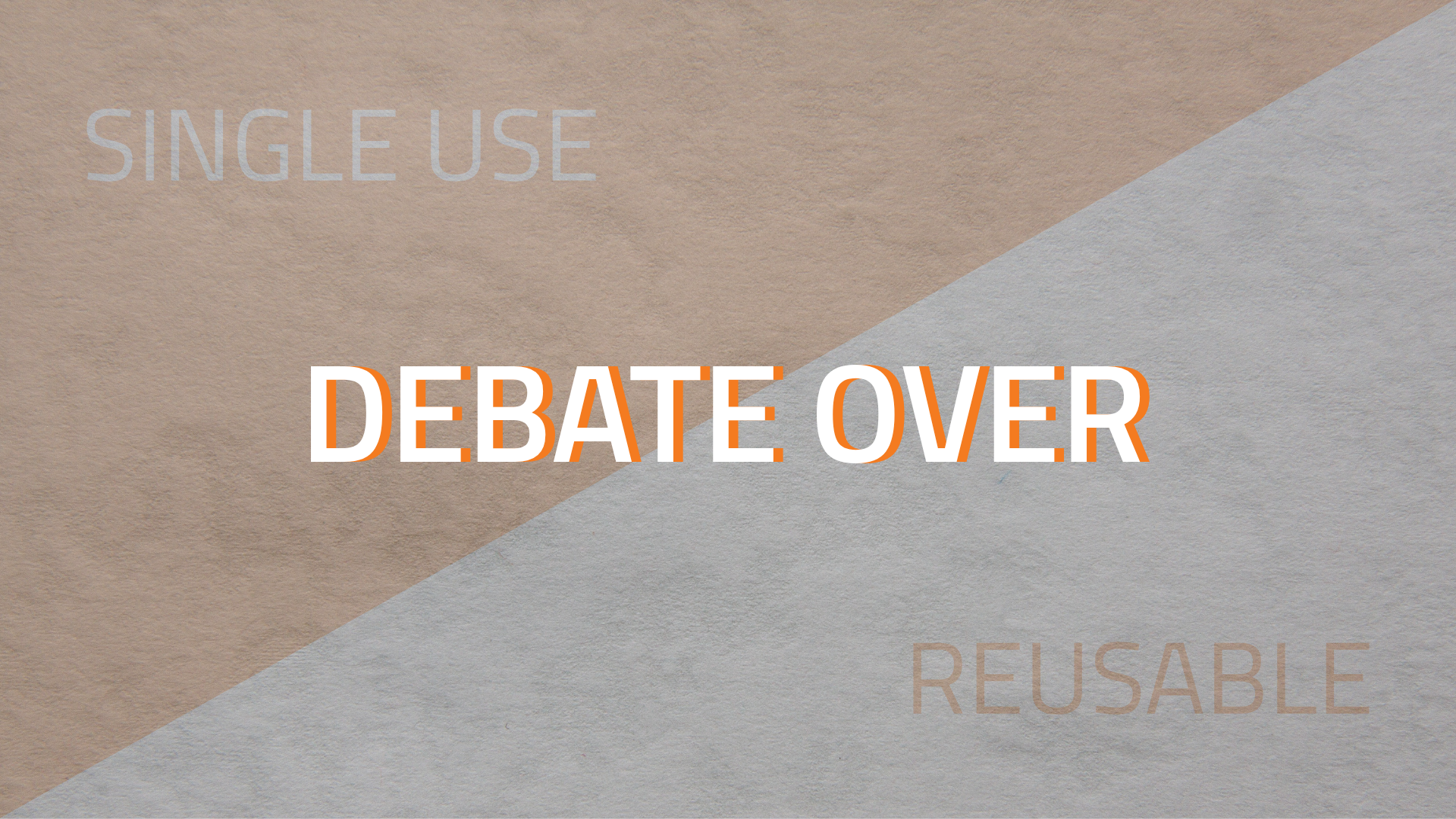
Forget the “vs.” debate: single use and sustainability can work together, by design.
In the food industry, single use solutions are often essential. From hygiene and food safety to production efficiency and regulatory compliance, there are many situations where reusable systems simply aren’t practical. But if single use is here to stay, then the real question becomes: how do we make it truly sustainable?
The paradox of single use
In the food sector, single use packaging plays a dual role: it is both a necessity and a problem. On one hand, it ensures the highest standards of hygiene and food safety, protecting products from contamination and extending shelf life. On the other, it generates a large share of packaging waste.
This creates a paradox: how can something so vital to food quality also be so harmful to the planet? The answer lies not in rejecting single use outright, but in transforming it through smarter materials and circular design principles.
Paper as the key to change
When it comes to rethinking single use in the food industry, paper stands out as a game changer. It is renewable, biodegradable, and (when designed properly) fully compostable.
Beyond environmental benefits, using paper-based products sends a powerful message to consumers and partners. In a world where sustainability has shifted from being a trend to an essential business imperative, adopting eco-friendly materials reflects a company’s commitment to responsible innovation and future-proofing its brand.
Particularly in baking and food preparation, paper moulds offer the perfect combination of functionality and sustainability enabling businesses to meet the rising demand for greener solutions without compromising quality or safety.
This is where smart design meets responsible sourcing, creating packaging that fits seamlessly into circular economy models, closing the loop rather than contributing to waste.
The future is hybrid and intelligent
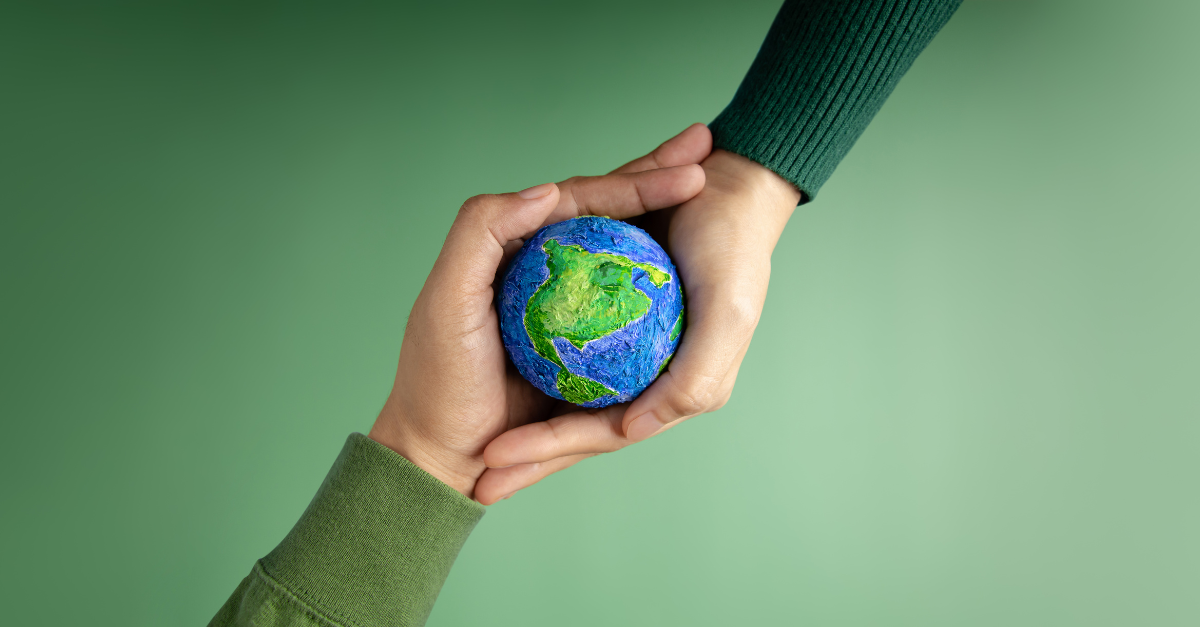
Sustainability for a better future
In sustainability, as in life, there’s rarely a clear black or white. We must embrace the idea that in a sustainable future, single use and reusable solutions can coexist. The world is constantly evolving, and so must we.
Reusable materials, intelligent design, and life cycle awareness are key elements in this evolution.
Behind a simple paper baking mould lies an engineering tool, designed to combine functionality, sustainability, and performance.
Discover more about the properties of paper in our articles:
- Stronger than you think: to discover how paper doesn’t burn
- The science behind supercalendered paper: to learn how paper stands grease
Ecopack meets development
As an international company committed to sustainability, Ecopack strives to be part of a better, more responsible world. This commitment guides every aspect of our work: from how we design our products to how we operate every day, across borders and industries.
Our paper baking moulds are manufactured to meet rigorous sustainability and quality standards, tailored to comply with the regulatory requirements and environmental goals of multiple countries. But for us, sustainability is not a fixed milestone, it’s a continuous path of improvement. We recognize that true progress comes from the accumulation of many small, intentional actions that, together, generate real change.
One of those actions has been the reduction of the amount of paper used in each of our packaging boxes. At first glance, this might seem like a minor adjustment but, in reality, it has a significant cumulative effect. By optimizing our box design, we’re able to minimize paper waste, reduce the volume and weight of each shipment, and improve the overall efficiency of our logistics and transport processes. This means less raw material used, lower emissions during shipping, and smarter resource management throughout the supply chain.
These kinds of improvements reflect our belief that sustainability is a journey made up of thoughtful, consistent choices. Even small innovations, when implemented at scale, can have a wide-reaching impact, both environmentally and economically. We are proud to play our part by embedding this mindset into our daily operations, and we will continue to explore new ways to evolve, adapt, and act responsibly.
At Ecopack, we know that real change doesn’t come from one single solution, but from many small steps taken in the same direction toward a future where performance, innovation, and sustainability go hand in hand.
How about you? Share your perspective with us on our LinkedIn page!
